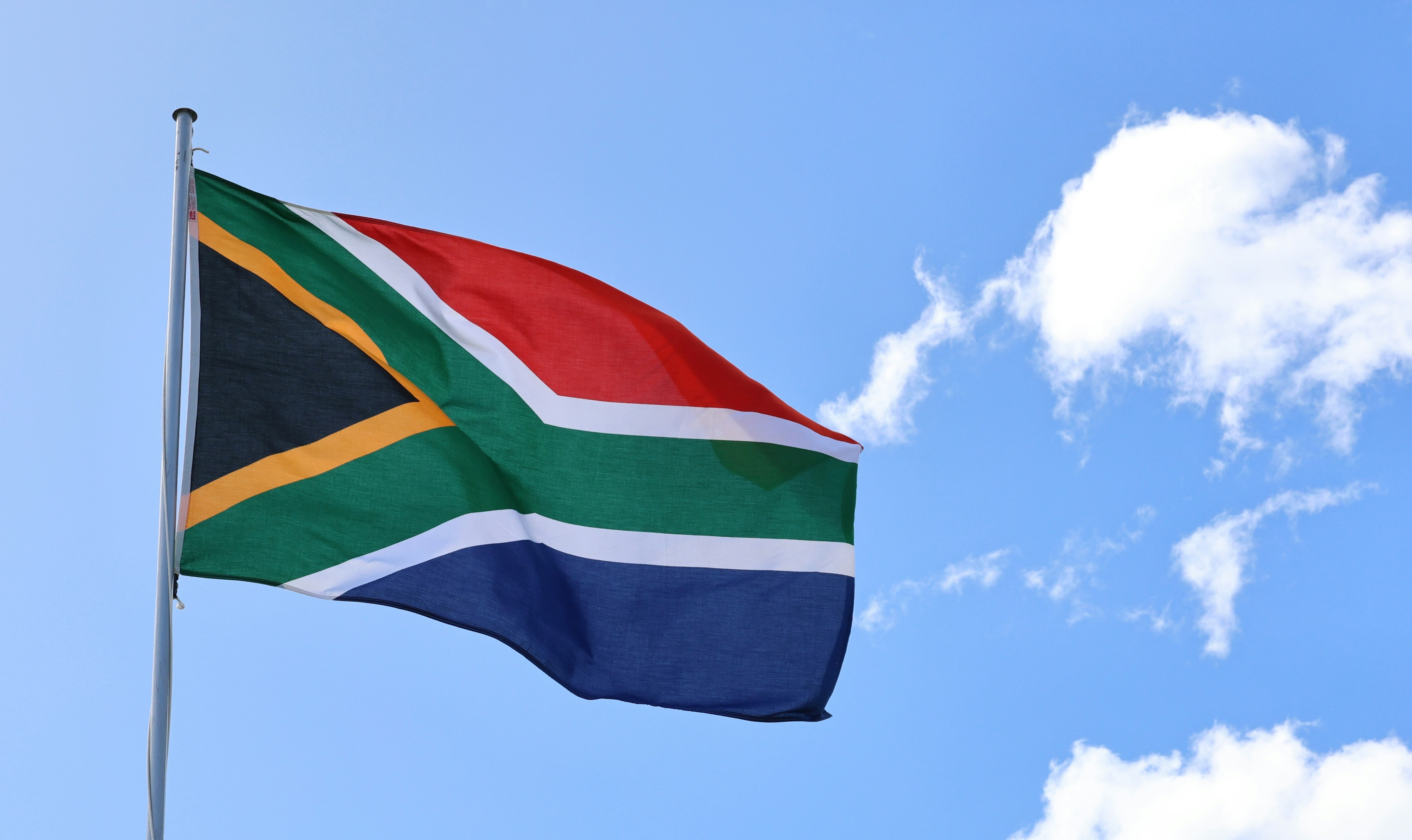South Africa Tightens Offshore STS Rules, Hikes Penalties

South Africa has rolled out a new regulatory regime for offshore ship-to-ship (STS) transfers, sharply increasing penalties and imposing strict environmental safeguards to protect coastal ecosystems and the endangered African penguin.
Signed by the minister of forestry, fisheries and the environment, Dr Dion George, the regulations set fines of up to R2 million (US$110,000), prison terms of up to five years, or both for violations.
Issued under the National Environmental Management: Integrated Coastal Management Act, the rules prohibit STS operations inside marine protected areas, aquaculture zones, and within three nautical miles of the high-water mark. In Algoa Bay—one of the busiest offshore bunkering hubs—transfers are confined to designated anchorages and subject to seasonal limits.
Operators must implement extensive safeguards: monitor for penguins and marine mammals, deploy hydrophone systems, and submit independent environmental management plans. All crew are required to complete environmental awareness training, and companies must keep spill-response vessels on standby within five nautical miles of the coast. Transfers are barred in poor weather, specifically at wind speeds over 22 knots or wave heights above 2 meters.
The crackdown follows years of controversy over offshore bunkering in Algoa Bay, where conservation groups have warned about pollution risks and penguin population declines linked to rising tanker activity.
South Africa’s move aligns with a broader global push to rein in STS operations. Over the past 18 months, Greece has tightened oversight of the shadow fleet in the Aegean, Spain increased surveillance off Ceuta, and Denmark stepped up monitoring in the Baltic. In Asia, Malaysia and Indonesia have introduced new restrictions in the Malacca Strait, reflecting growing concern over safety and environmental risks tied to shadow-fleet and under-regulated ship-to-ship transfers.